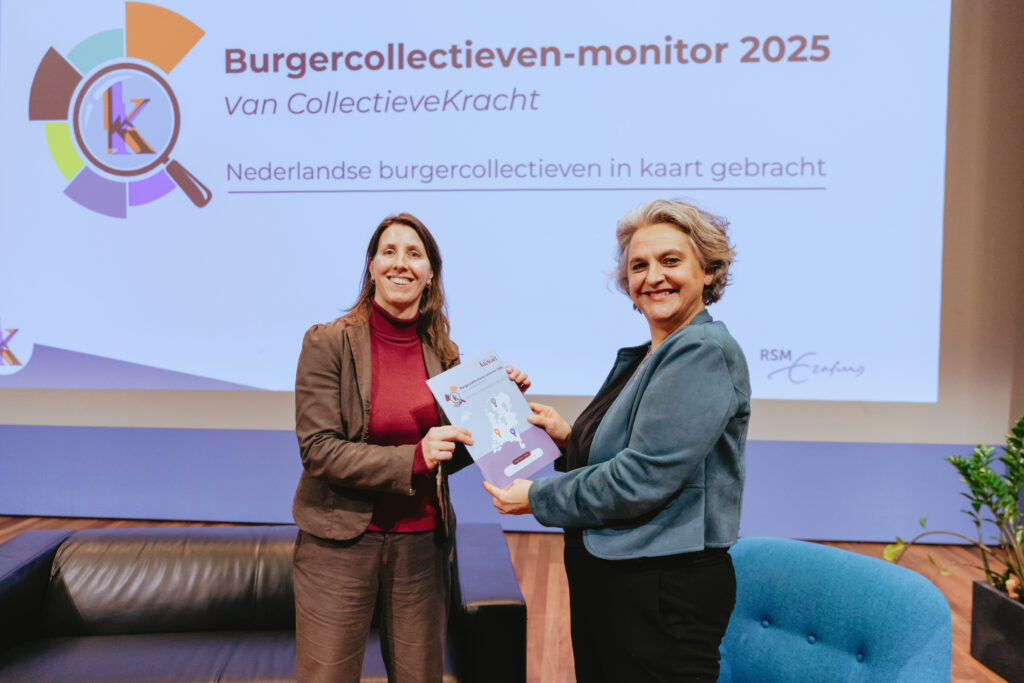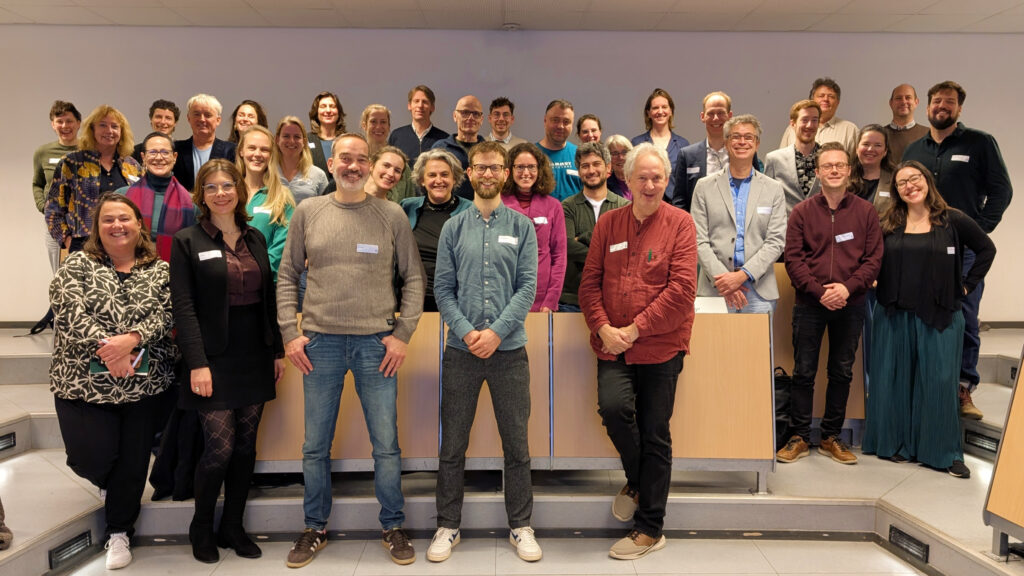Knowledge exchange platform CollectieveKracht, one of our SEICA projects, celebrated several big achievements in 2025. For example, the first Citizen Collectives Monitor became a reality! In addition, as part of the ECCO consortium, we secured substantial funding for research into the roles that citizen collectives play in societal transitions. CollectieveKracht organized 5 in-person events and 7 webinars, expanded the knowledge base with over 50 items, and welcomed the 500th citizen collectives’ member.
Watch the recap in less than 3 minutes:








